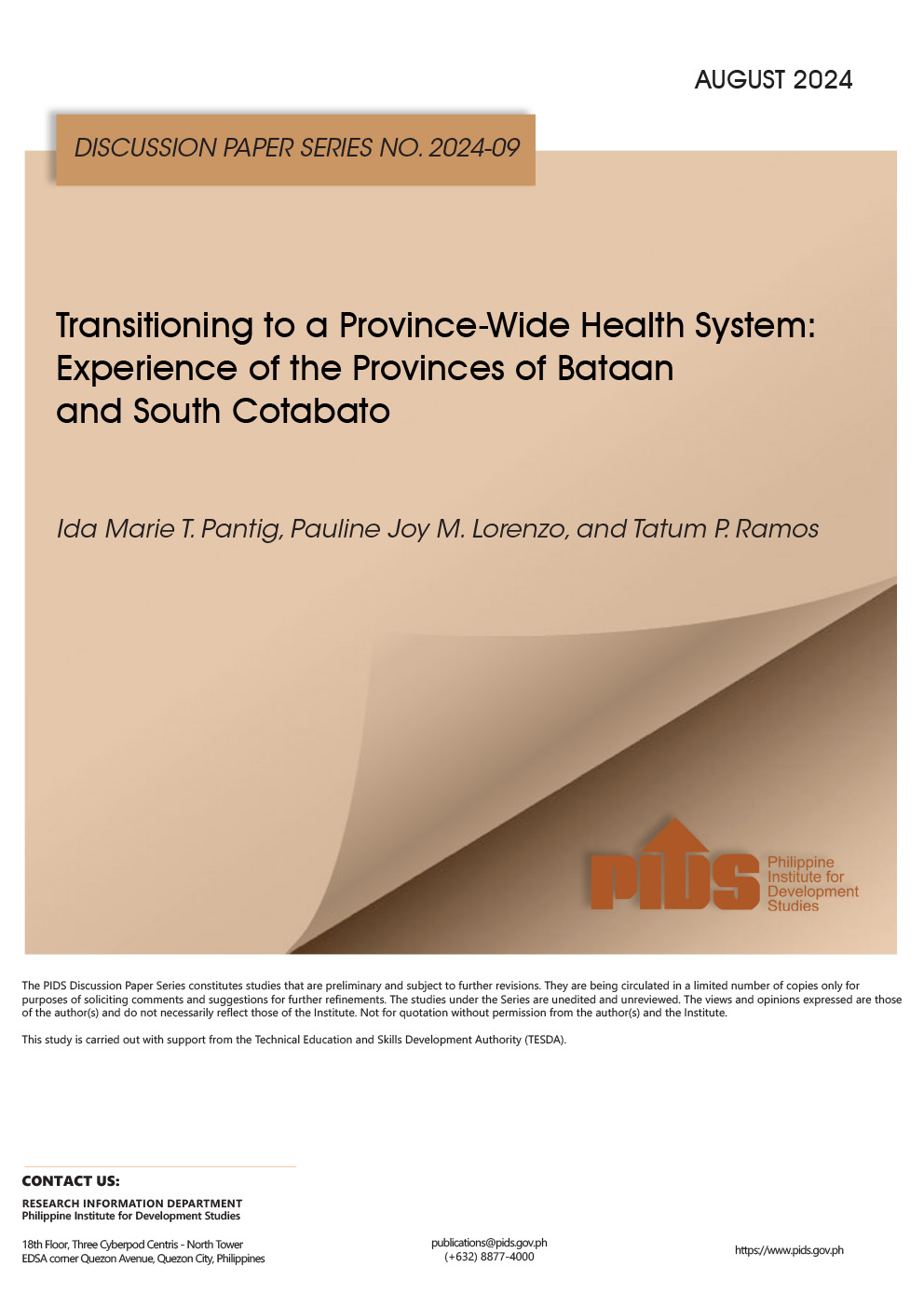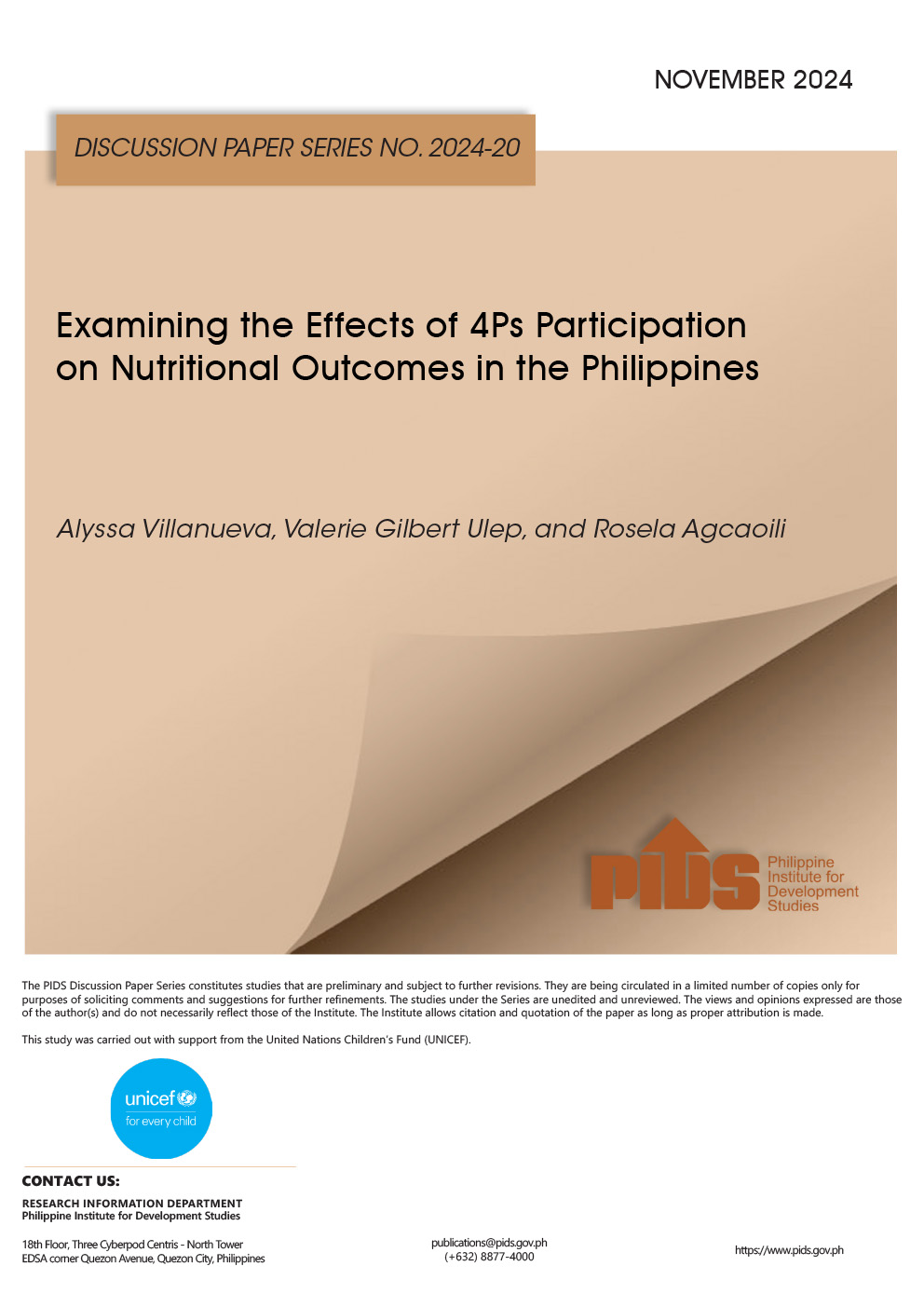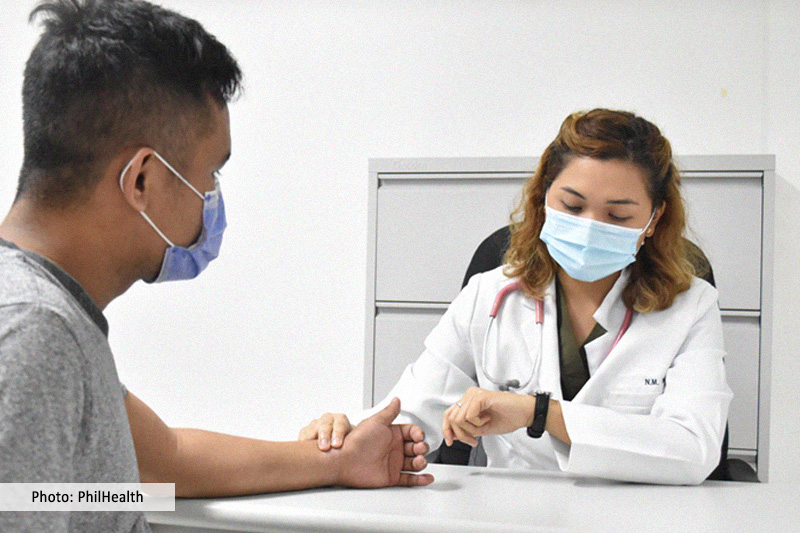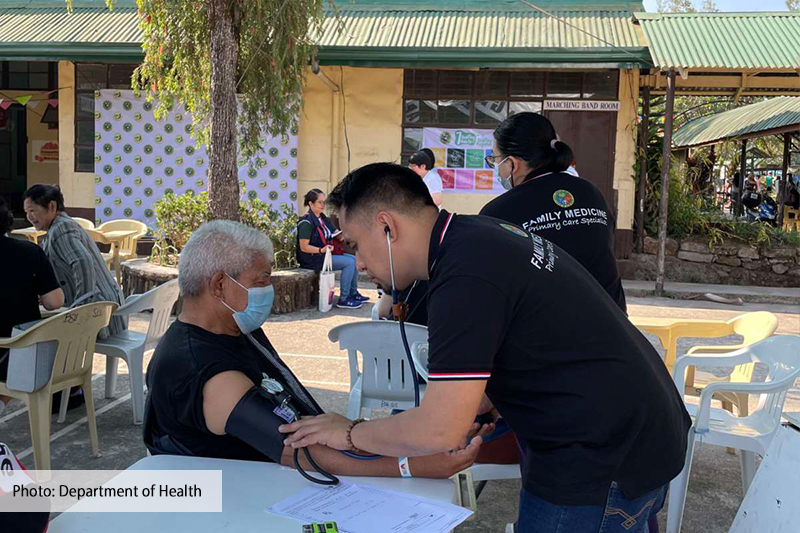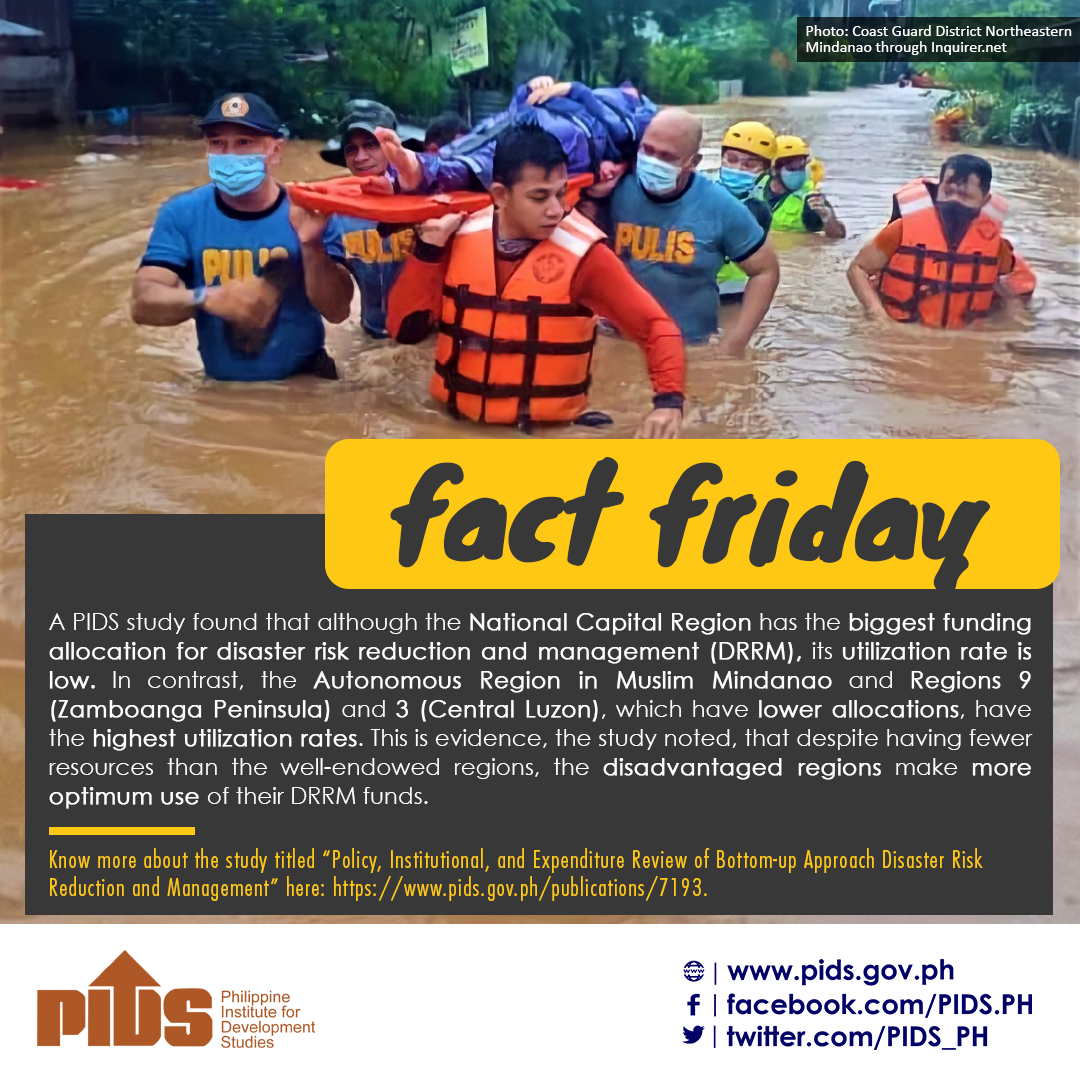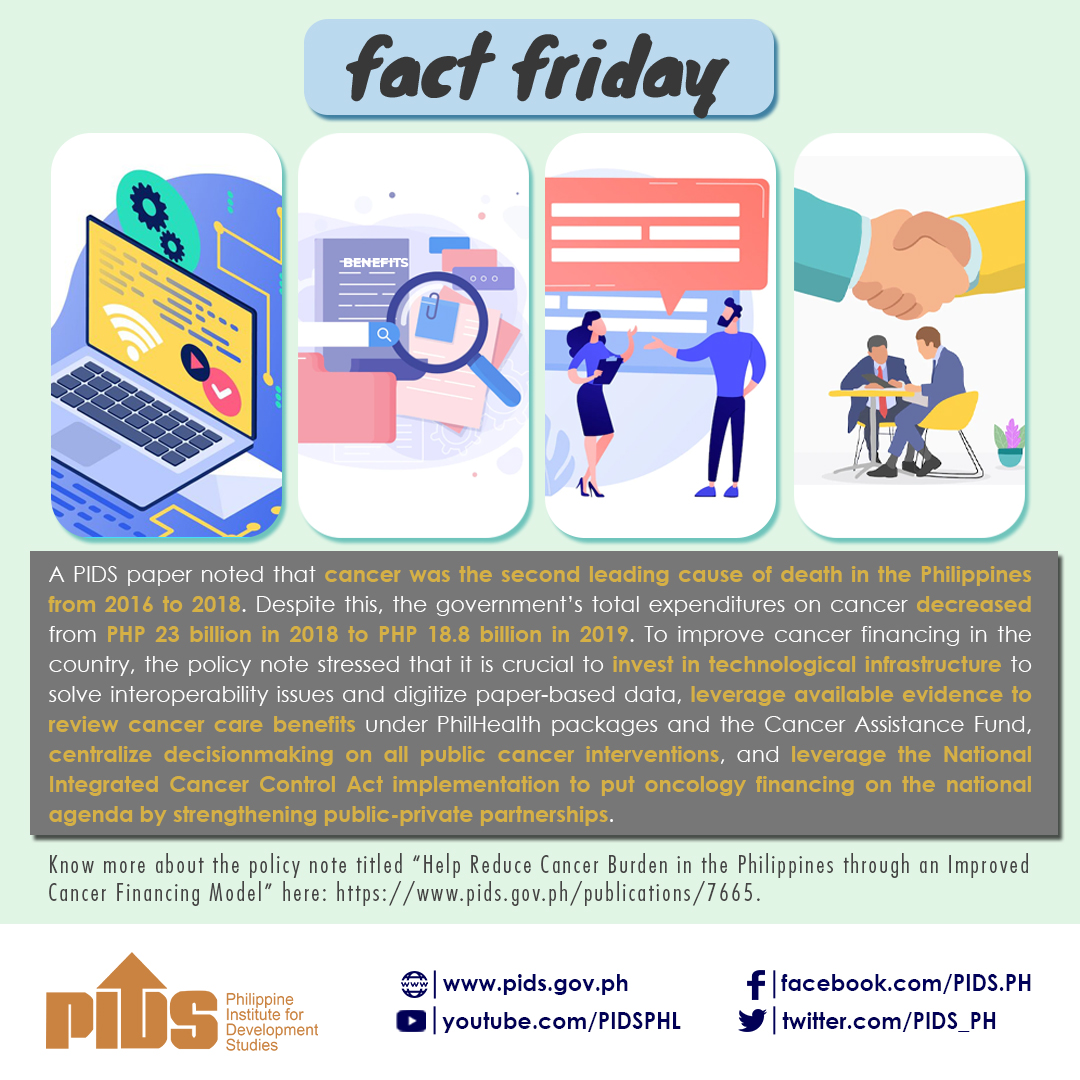DESPITE being one of the major killers of Filipinos, cancer care is underfunded in the Philippines, according to the Philippine Institute for Development Studies (PIDS).
In a Policy Note, PIDS researchers led by Senior Research Fellow Jose Ramon G. Albert said the government only funds some 40 percent of total cancer expenditures.
The researchers said the majority of the funds used to treat cancer are financed through out-of-pocket payments and private insurance.
“Cancer care is underfunded in the Philippines and the current financing model requires systemic improvement,” the researchers said. “Ultimately, the Philippines can provide more access to cancer care in the pursuit of SDG [Sustainable Development Goal] 3 and relieve the burden of cancer.”
SDG 3 is to ensure healthy lives and promote well-being for all at all ages.
Quoting data from the Philippine Statistics Authority (PSA), the researchers said spending for cancer reached P46.63 billion in 2020, a 140.75 percent increase from the P19.37 billion in 2019.
The researchers said this only represented 5.21 percent of the P895.88 billion total current health expenditures in 2020.
Further, based on 2019 estimates, the researchers said Cancer medicines amounted to P3.84 billion in 2019, accounting for around 55 percent of public expenditures on cancer.
This was based on the key informants of the researchers which suggest that the number might be closer to 60 percent to 70 percent of total cancer expenditures.
“The cancer burden is increasing in the Philippines. For breast and lung cancer alone, cases increased annually by 5.9 percent and 7.2 percent, respectively, between 2012 and 2018. The increasing trend is projected to continue until 2040,” the researchers said.
The researchers said the Universal Health Care (UHC) Act or Republic Act 11223 and the National Integrated Cancer Control Act (NICCA) or RA 11215 can ensure equitable and rational delivery and financing of the cancer care continuum.
The UHC law mandates the Philippine Health Insurance Corp. (PhilHealth) to provide universal health insurance for Filipinos. It also mandates PhilHealth to pool funds and deposit them in a single unified fund called the National Health Insurance Fund.
The UHC also mandates the Department of Health (DOH) to set the national targets and identify costs to be financed. It also reiterates that local government units (LGUs) must have full fiscal autonomy over health programming as mandated by the Local Government Code of 1991.
The researchers said the government as well as public and private stakeholders can work together to guide the effective implementation of the UHC Act and NICCA.
“The implementation of these laws, however, has been delayed due to challenges from the coronavirus disease 2019 (Covid-19) pandemic,” the researchers, however, said.
The researchers said cancer is one of the leading causes of death globally, with nearly 10 million or 1 in 6 deaths in 2020.
In the Philippines, they said, cancer is also the second leading cause of death. As of 2020, there were over 153,000 new cancer cases, 354,398 prevalent cases over five years and over 92,000 cancer deaths.
Currently, the most common types of cancer in the Philippines are breast, lung, colorectum, liver, prostate and cervix uteri, with the highest share of deaths from lung, liver and breast cancers.

